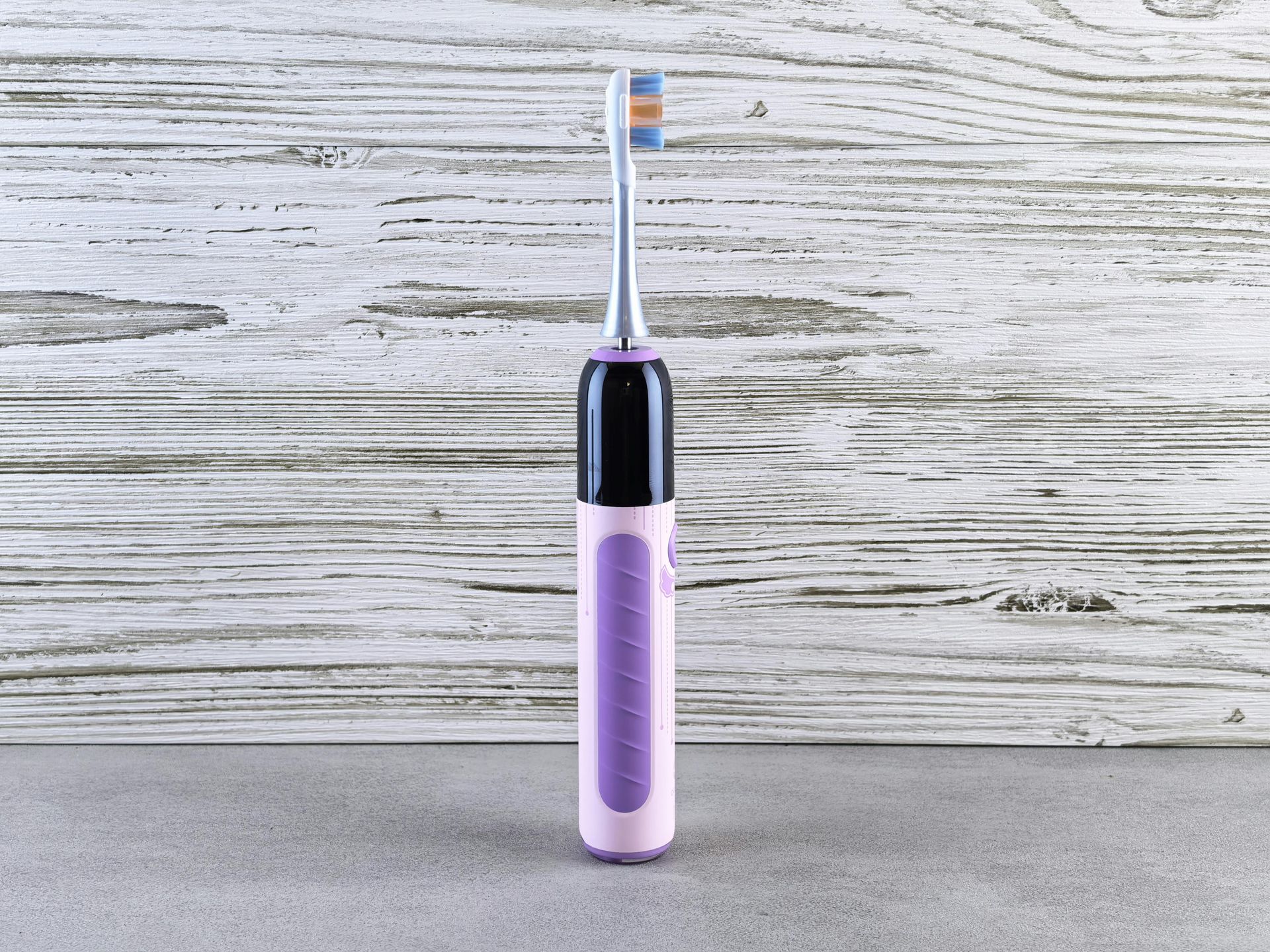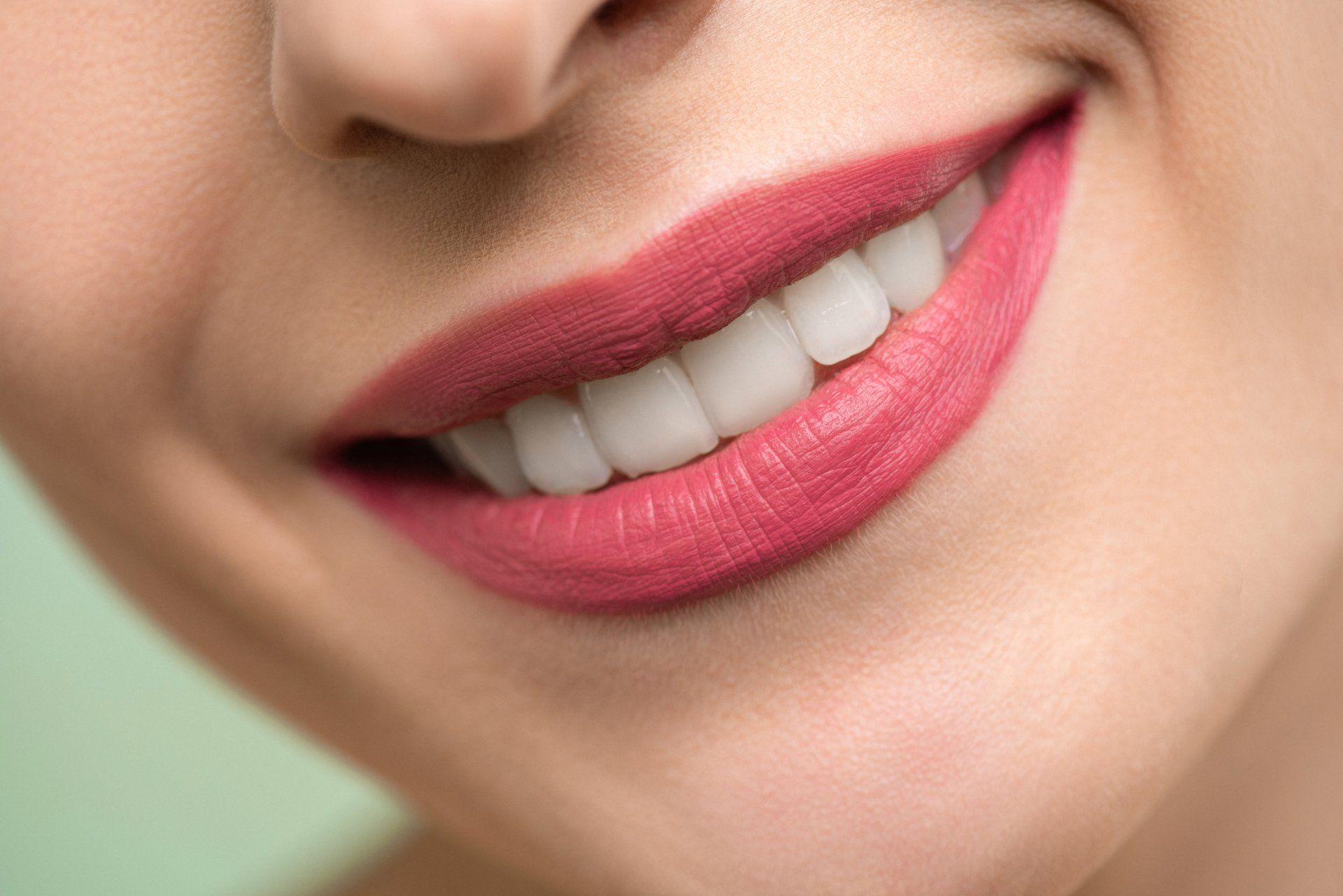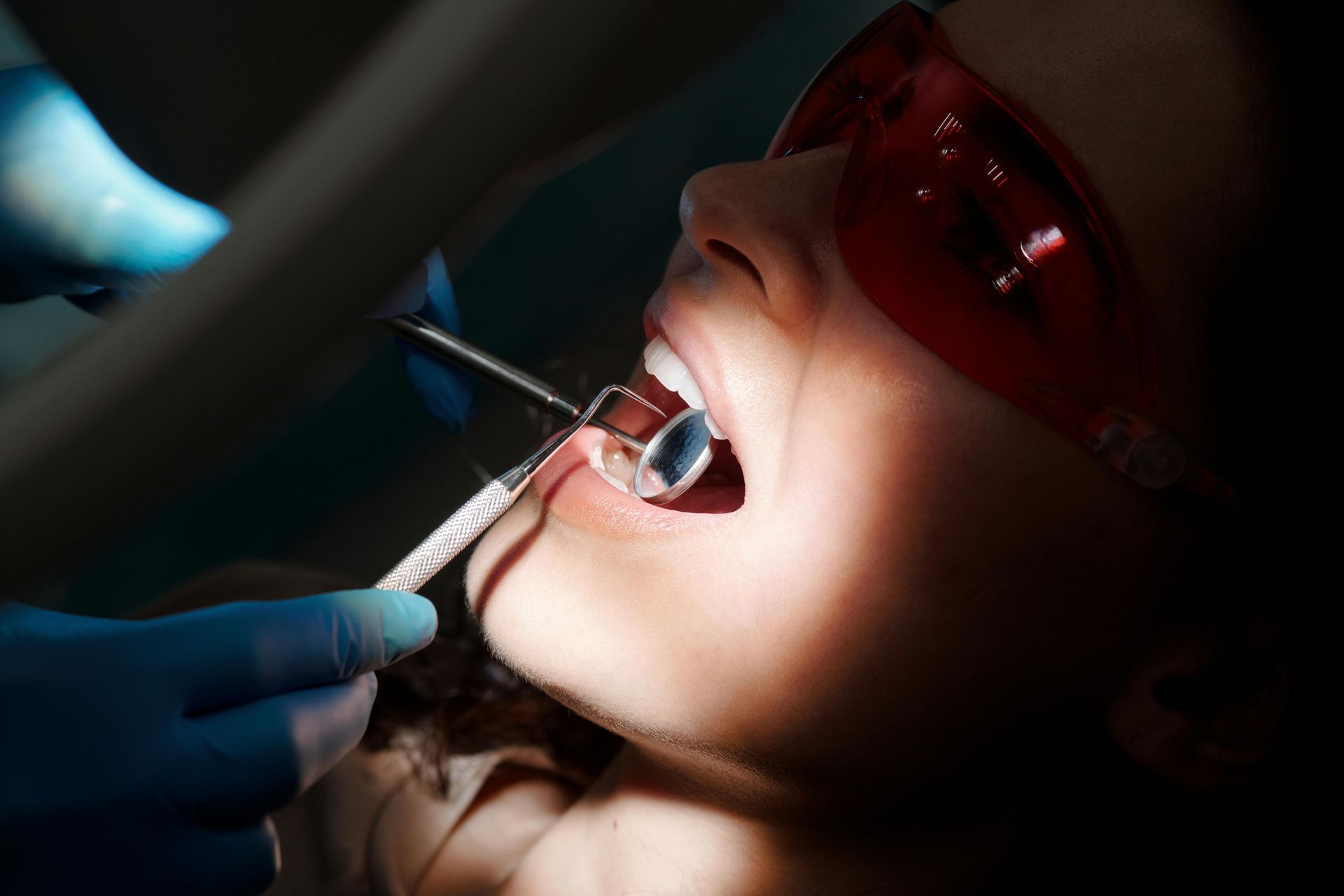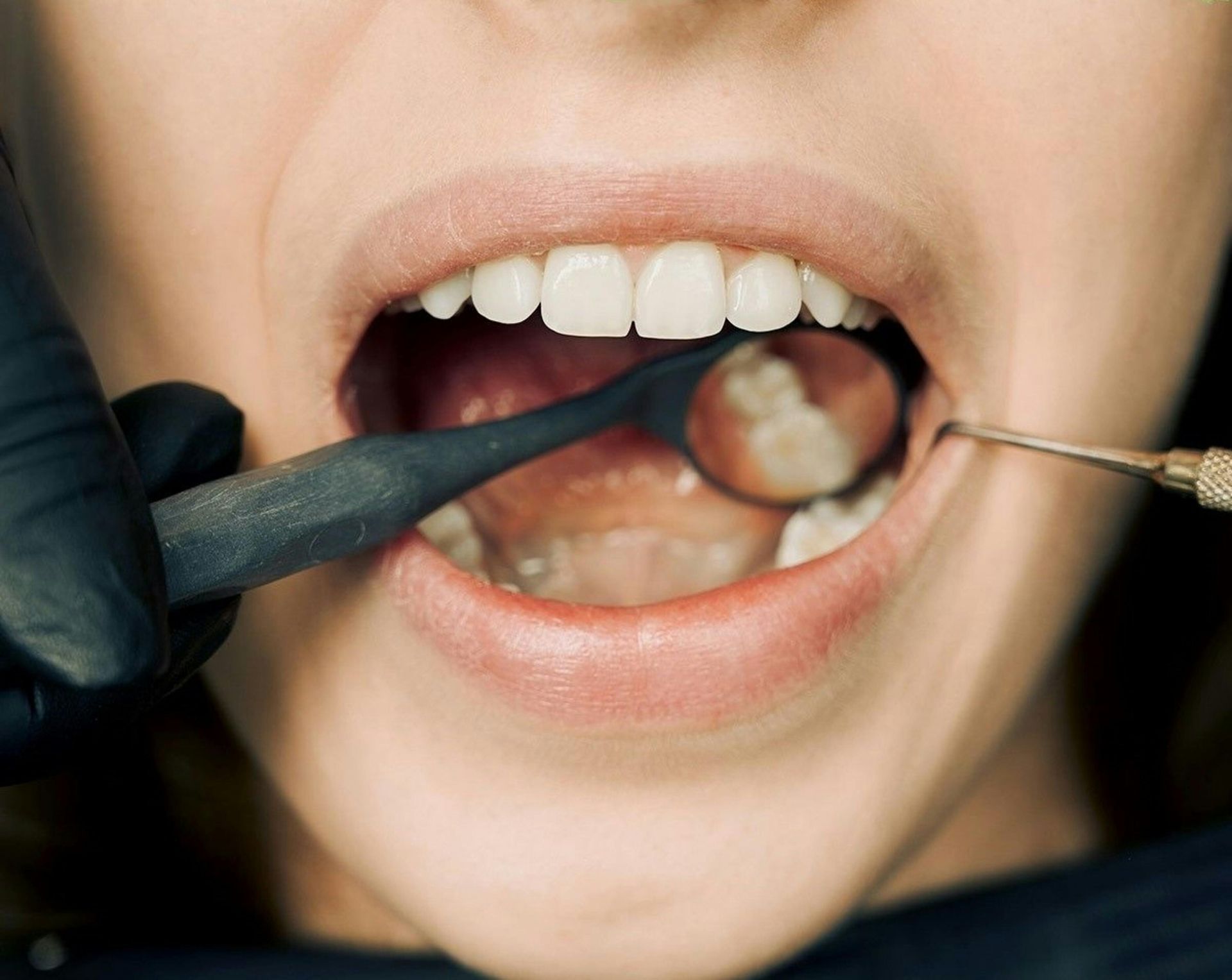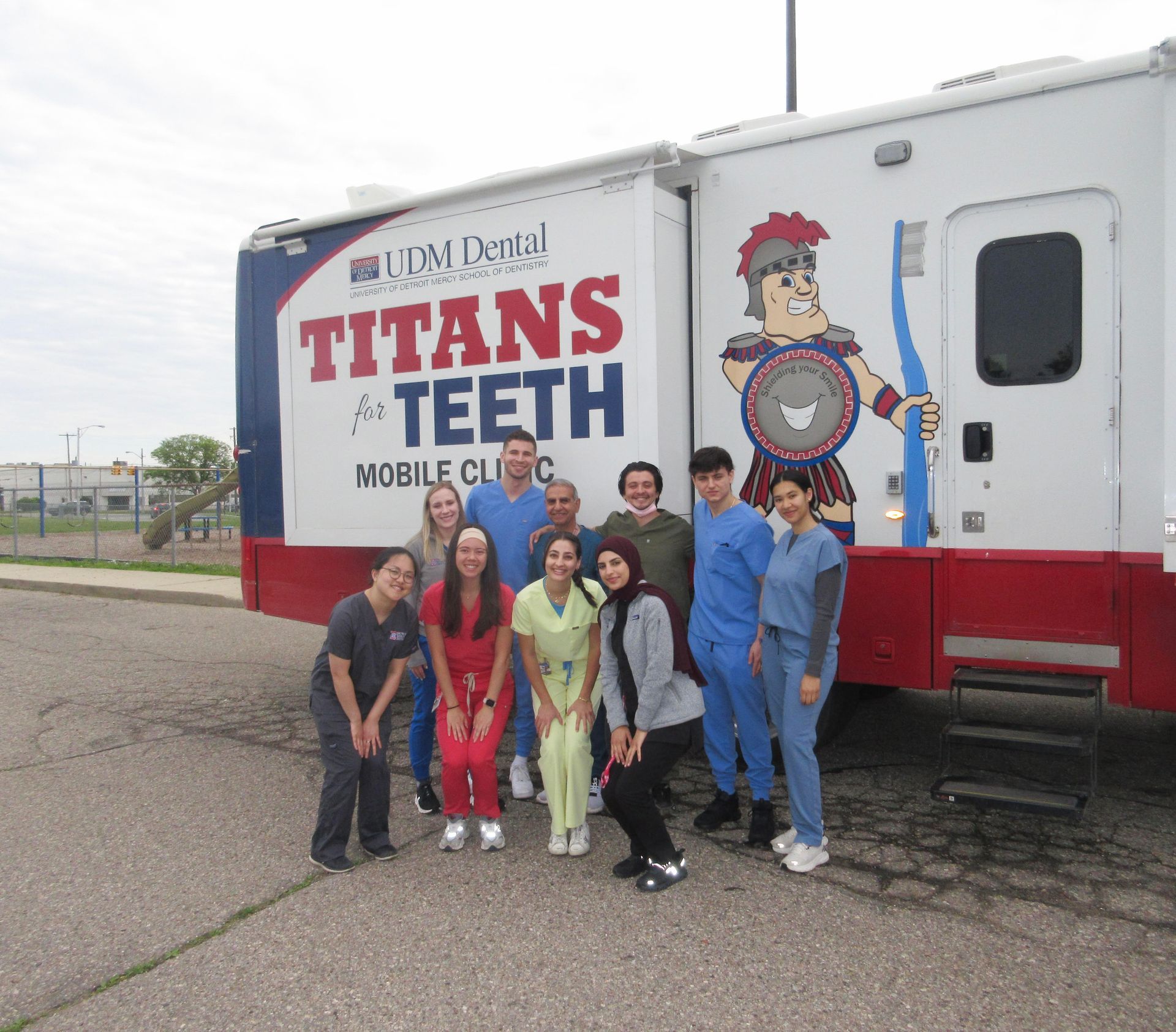
A new patient came in to Huszti Dental Care recently for a cleaning appointment. He had not been to the dentist for many years — and only came because his wife insisted — because his teeth are very sensitive and he didn't think he could handle the exam.
"They hurt when I drink something cold and they hurt when I drink something hot. Sometimes even chewing and even brushing my teeth set it off," he said.
This is not uncommon. While sometimes a hidden cavity, an old filling, a chipped or cracked tooth can cause pain. It could also be a recessed gum that exposes the root. When you tell us your teeth are sensitive, these are the first things we look for, because they are easily fixed. But there are other causes of sensitive teeth and there are ways to make you feel more comfortable.
First the causes: If you don't have any of the issues listed above, you may be brushing your teeth too hard. Or you may be using products to whiten or bleach teeth. These actions can expose your dentin — the layer of your teeth just beneath the enamel. Dentin is not as hard as enamel, so it is naturally more sensitive. Grinding your teeth at night can also cause sensitive teeth. One thing we can't do much about, though, is that teeth sometimes get naturally more sensitive as you age.
But don't worry, there are many ways to combat tooth sensitivity.
Desensitizing toothpastes or mouthwashes can help a great deal. If you're brushing at least twice a day — and you should be — use one of the American Dental Association-approved desensitizing toothpastes. You'll know it by the ADA logo on the box. Not all are alike, so if your first choice isn't doing the trick, try a different one. And always use a soft-bristled toothbrush and don't push too hard: It's the brush, not your muscle, that does the cleaning.
Use fluoride rinses and toothpaste with fluoride in them. You can also receive professional fluoride treatments from Huszti Dental Care.
If you are using tooth-whitening products — especially any home remedy you saw on social media — you may want to lay off for a while to see whether that is the cause. Many of these products are highly acidic and can damage the enamel. (This was, in fact, the case with the patient who prompted this post and he said he would stop using them to see if it makes any difference.)
Are you grinding your teeth at night? You probably don't know since you're asleep. But we can determine whether you are by the wear pattern on your teeth. We might suggest wearing a mouthguard at night to protect the enamel.
Other things to consider are cutting down on acidic drinks like pop and wine. You can also use a straw, which effectively bypasses the teeth.
As always, it is important to let us know. We can help you find the cause of your sensitive teeth and the solution!

